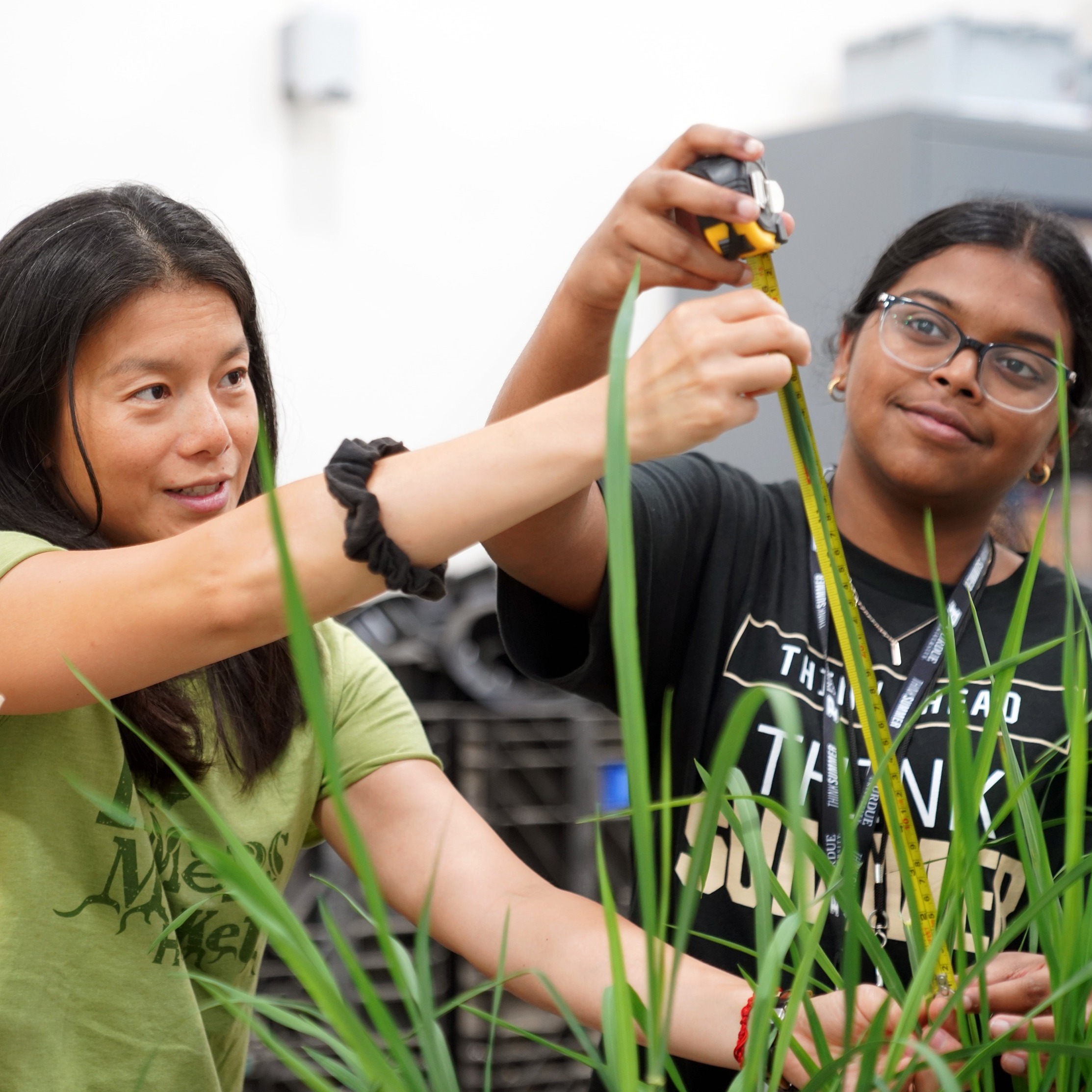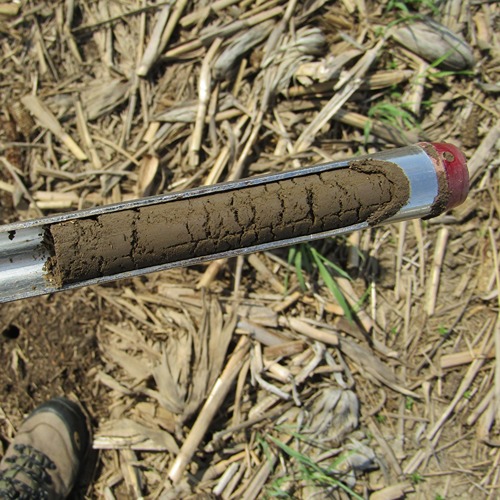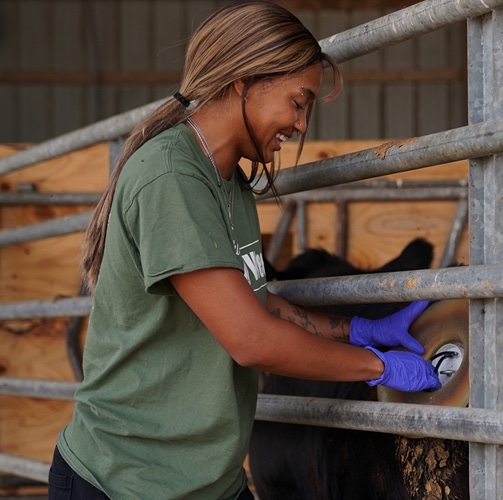“There is currently no evidence that COVID-19 can be transmitted by mosquitoes,” Catherine Hill, professor of entomology and vector biology, said.
In the swells of information that have surrounded the COVID-19 pandemic, Hill said one question that keeps popping up is whether animals, including mosquitoes, can infect humans with the virus. Scientists around the world are currently assessing if mosquitoes pose a risk in terms of COVID-19 transmission but, so far, there is no evidence to support this idea and, for many reasons, it is extremely unlikely mosquitos are able to transmit the virus.
“It is early days but we’re always looking at things from a risk management and assessment perspective and I think the risk is very low,” Hill added.
COVID-19 belongs to the coronavirus family and other viruses, including SARS (severe acute respiratory syndrome) and MERS (Middle East respiratory syndrome), in this family are not transmitted through mosquitoes. “There is no biological reason to believe another member of the family would be an exception,” Hill said.
I am wondering if we might consider a couple “take home” messages here to help inform the public and allay fears:
- While research is still ongoing into primary routes of transmission, SARS-CoV-2, the virus that causes COVID-19, is a “respiratory virus” and is primarily transmitted by “aerosol” route; sneezing/coughing and touching contaminated surfaces and then touching your face. Although it has been detected at low levels in the blood, there is no evidence it can be transmitted via bite from a mosquito.
- Its true that mosquitoes can transmit some viruses such as dengue and Zika, but they don’t transmit all viruses, for example, viruses like HIV, Ebola, and Coronaviruses
- For a mosquito to become infected with SARS-CoV-2, it would have to feed on the blood of an infected person, acquire the virus, which would have to pass into the midgut of the mosquito, infect the salivary glands, replicate and then be passed to another person during a second blood meal. This whole process takes 10-14 days and during this time a virus would have to overcome physical and physiological barriers. There is no biological evidence that any virus in the coronavirus family is capable of achieving this feat. Transmission is a remote possibility.
As the northern hemisphere transitions into summer, Hill continued, it’s important people remain vigilant about tick and mosquito-borne diseases like Zika virus, West Nile virus and Lyme disease.
“That’s one area of concern, that if everyone’s bandwidth is taken up with COVID-19 there won’t be enough attention afforded to these other diseases,” Hill said. For those looking for credible up-to-date information about COVID-19 transmission myths and facts, Hill recommended resources from The World Health Organization and Center for Disease Control.
With the continuation of social distancing, however, and people keeping closer to home and more indoors, Hill did say it’s possible this year will see a decrease in vector-borne diseases simply because COVID-19 precautions will limit the public’s general exposure.
“Nevertheless, if you are walking or gardening or generally spending time outdoors, try to avoid activities during peak mosquito biting times (dusk/dawn), avoid tick habitat, wear long pants/shirt and make sure to wear repellent,” Hill advised. “It really does help.”





